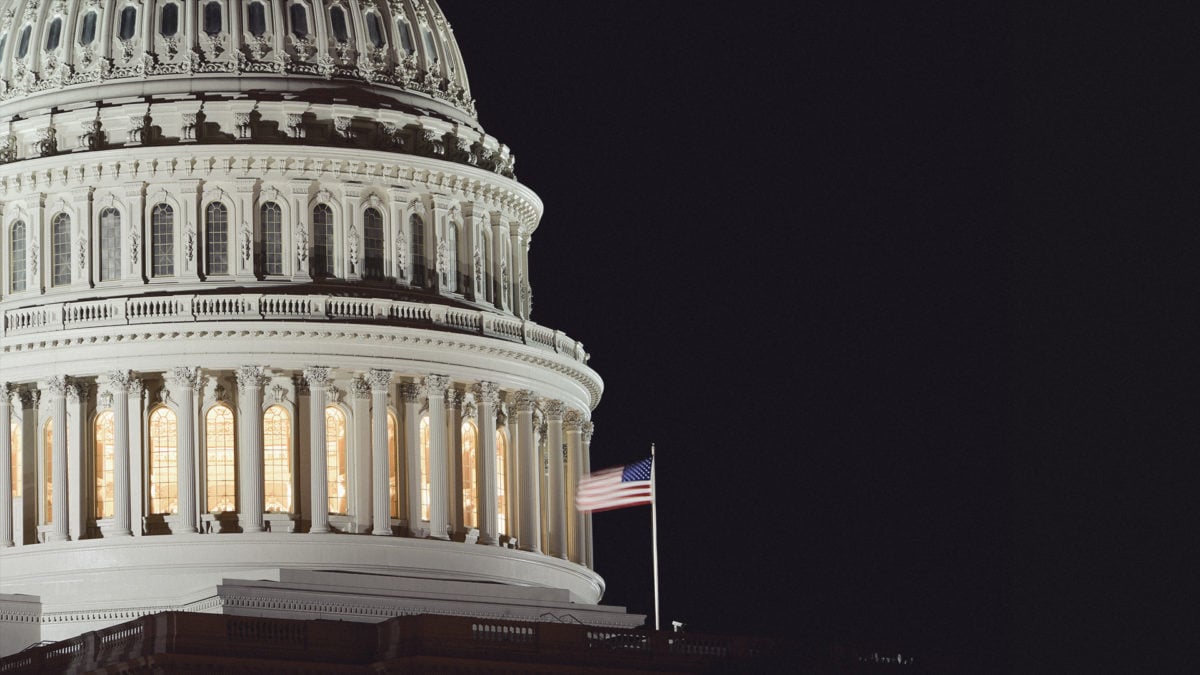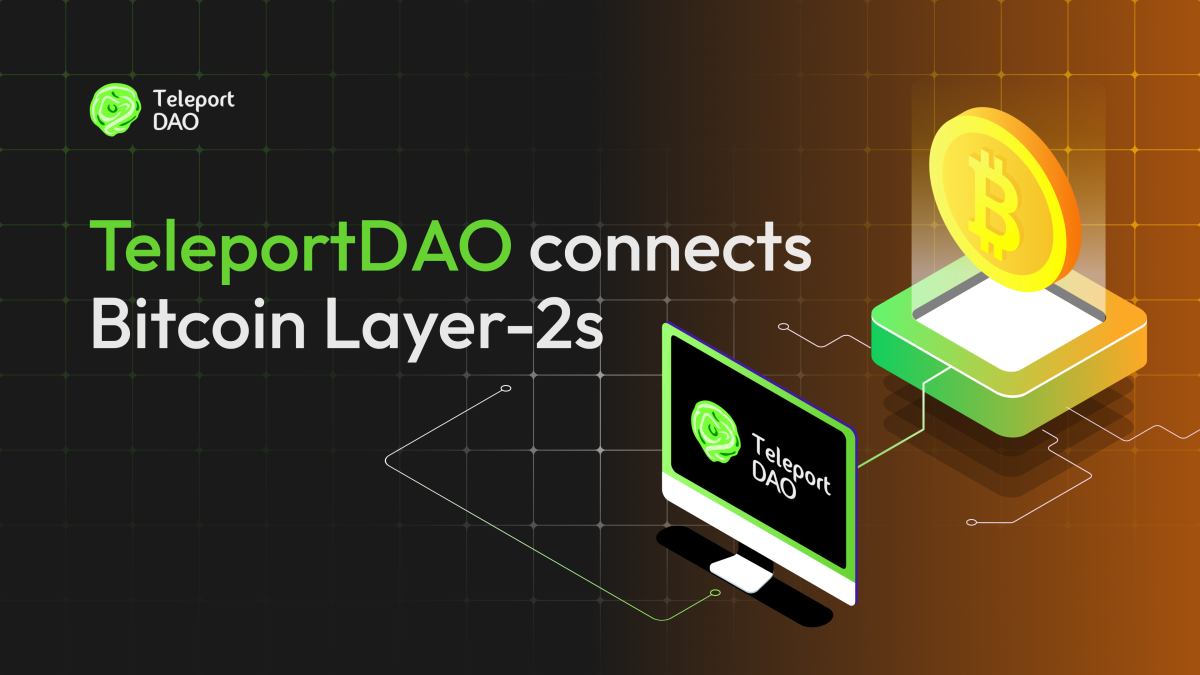Two massive bills are in Congressional limbo. Here's what that means for crypto

Quick Take
- Congress and the White House have punted a decision on the infrastructure and budget bills until the end of October, with that legislative package set to shrink amid continued negotiation among Democrat factions.
- Meanwhile, the U.S. debt ceiling is becoming the new epicenter of political pressure.
- The Block explores what the current delay means for crypto provisions tied up in the two bills.

Congress has punted on two pieces of legislation that will likely be the central legacy of the Biden administration.
Linked together into a package that until recently seemed set to allocate $5 trillion in the coming decade, the Build Back Better Act and the Infrastructure and Jobs Act are facing delays. While the infrastructure bill already has the support necessary to pass into law, Congressional leadership is stalling votes on that bill to put pressure on the passage of the Build Back Better Act.
Moderate Democratic senators Joe Manchin and Kyrsten Sinema have been pushing to scale down the more controversial Build Back Better Act from an earlier $3.5 trillion to closer to $2 trillion in spending. However, the White House itself stepped forward to squash an effort to get a vote on the infrastructure bill last week — which had been House Speaker Nancy Pelosi’s promise to placate a group of House moderates who threatened the whole operation earlier in September.
On Friday night, Congress passed HR 5434, a stopgap measure to fund existing infrastructure outlays through October. Saturday, upon signing HR 5434 into law, President Biden told reporters: “There is no reason why both these bills couldn’t pass independently except that there are not the votes to do it that way. It’s a simple proposition.”
Biden ended his remarks by spotlighting the need for two more votes, which is almost certainly an allusion to Manchin and Sinema, who have been the target of ire from both their fellow Democrats and phone camera-wielding constituents.
Meanwhile, brinkmanship is taking hold of Congress as the U.S. faces default on its debts by October 18. Senate Republicans are threatening to filibuster any legislation to increase the debt ceiling, which has become a complicating factor in the arguments over Biden’s spending plans.
But what does this have to do with crypto?
The Block has reported extensively on the crypto taxation provisions embedded in both the Infrastructure Investment and Jobs Act and the Build Back Better Act.
Democrats in Congress are readying to pare down their spending wishlist — and the White House has quietly assented to somewhere between $1.9 and $2.3 trillion for Build Back Better. There is, however, little discussion of reducing the taxation components of these bills.
However, additional time is critical, especially given how rushed the original proceedings for these two bills were. Alterations to the Infrastructure Act’s highly contested definitions for a “broker” in the context of cryptocurrency networks would be especially welcome among industry participants.
Once the infrastructure bill passed the Senate and headed to a House that was on a September 27 deadline, it was tough to envision an opportunity to amend it again. However, nobody accurately predicted the process that the two bills have subsequently faced.
That said, the Infrastructure Bill as written remains much less politically controversial than the Build Back Better Act, which is on track to go through major cuts to its spending provisions in order to coax support from more conservative-leaning Democrats. Expansion of restrictions on tax-loss harvesting to crypto trades within that bill initially provoked a limited response, but subsequently concerns emerged that constructive sale rules could effectively provoke taxation of unrealized crypto gains.
© 2023 The Block. All Rights Reserved. This article is provided for informational purposes only. It is not offered or intended to be used as legal, tax, investment, financial, or other advice.



